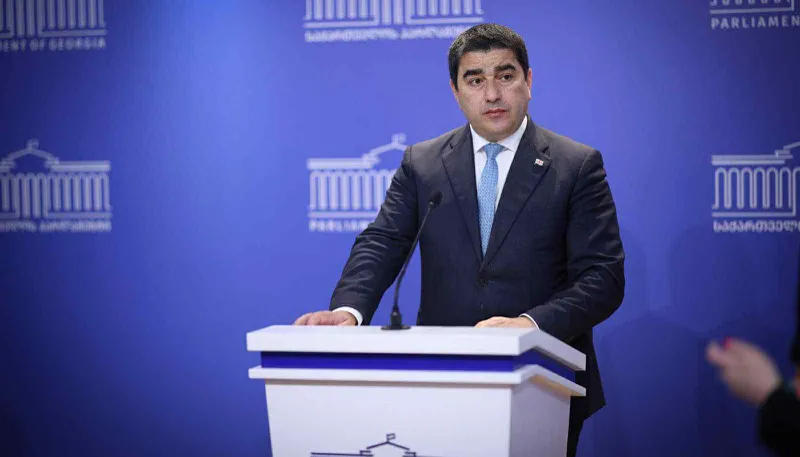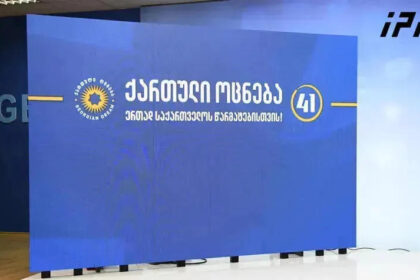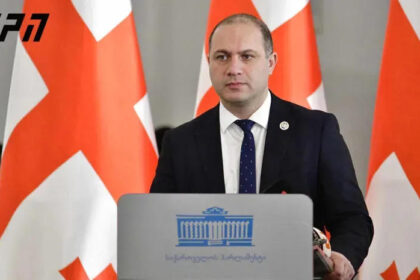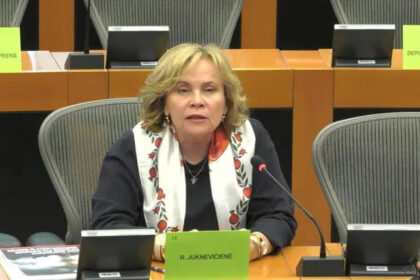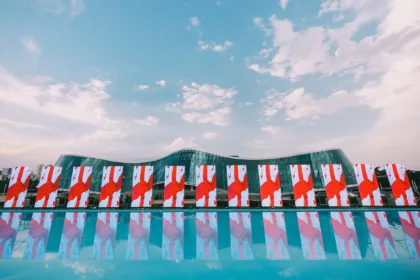“Georgian Dream” is appealing to the Constitutional Court to ban three parties. This was announced a few minutes ago by Parliament Speaker Shalva Papuashvili during a press conference.
According to Papuashvili, the constitutional lawsuit prepared by the ruling party requests the declaration as unconstitutional and banning of the following parties: “National Movement,” “Coalition for Change,” and “Strong Georgia – Lelo.”
“Through our joint constitutional lawsuit, we are requesting the declaration as unconstitutional and banning of the following three political parties, which have formed a coalition-like unity and a single organism with common aspirations and continue to act as such today. These parties are (with their legal names as registered in the party registry): − Citizens’ Political Union ‘Unity – National Movement,’ − Citizens’ Political Union ‘Coalition for Change, Gvaramia, Melia, Girchi, Droa,’ − Citizens’ Political Union ‘Strong Georgia – Lelo, For the People, For Freedom.’
Additionally, it should be noted that other political parties are closely associated with the aforementioned political parties, such as ‘Elene Khoshtaria – Droa’ and ‘Girchi – More Freedom,’ which are in fact part of the composition of the ‘Coalition for Change, Gvaramia, Melia, Girchi, Droa,’ but are formally registered as independent parties, as well as ‘Ki to Europe – Strategy of the Builder,’ ‘European Georgia – Movement for Freedom,’ ‘Federalist Party,’ ‘Republican Party of Georgia,’ and other fictitious, one-person, and small parties. However, since they currently do not have substantial influence due to their size and organizational structure, including a real prospect of overcoming the electoral threshold, the necessity of their banning does not arise at this stage. The issue of their unconstitutionality may be placed on the agenda later, if they gain substantial influence on the political process,” Shalva Papuashvili stated.
As Papuashvili explained, in preparing the constitutional lawsuit, they used two criteria: “the strength of the legal substantiation of the unconstitutionality of a specific party and the extent to which a specific party poses a real threat to constitutional order due to its size, organizational structure, or political influence.”
“According to international practice, for the banning of a political party, in addition to its unconstitutional ideas and behavior, it is important that the specific party has the capability to pose a real threat to the constitutional order. In this regard, the party’s size, structural organization, and political influence are determining factors. Therefore, in determining the parties whose banning we are requesting through the constitutional lawsuit, we used two main criteria: first, the strength of the legal substantiation of the unconstitutionality of the specific party, and second – the extent to which the specific unconstitutional party poses a real threat to the constitutional order due to its size, organizational structure, or political influence,” Shalva Papuashvili stated.
“Georgian Dream” names the parties whose ban it will request in the Constitutional Court
